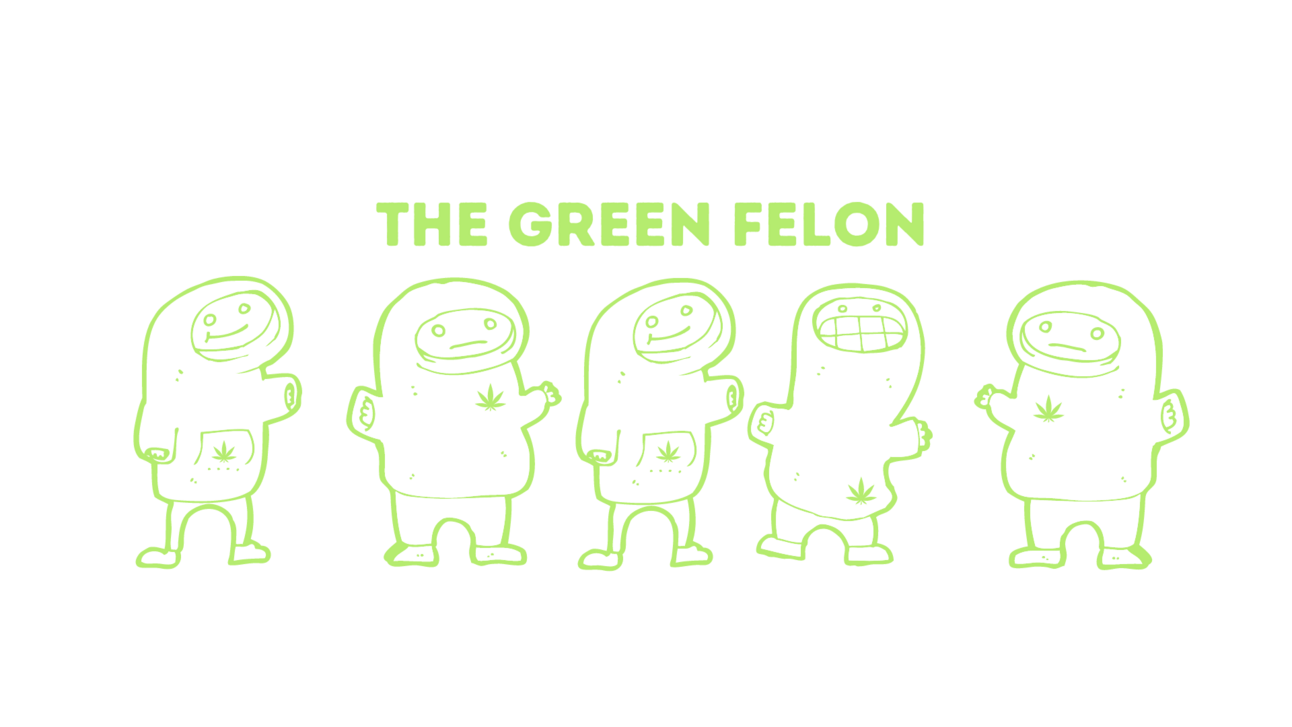
News 📡 Highlights:
CBD's 🎄 Impact on Fear Conditioning: A study ✏️ involving patients with panic disorder and social anxiety disorder found that while CBD 🍏 decreased threat expectation 🧡 during retention, it did not enhance fear re-extinction. pubmed.ncbi.nlm.nih.gov
Neuroimaging 📸 Studies Reveal CBD's Effects on Brain Activity: Functional MRI studies 📇 have demonstrated that CBD can modulate brain regions associated with anxiety and stress 🤬, such as the amygdala and prefrontal cortex, potentially underlying its anxiolytic effects 🎆. Frontiers

Quick Read 🔖:
❇️ CBD and the Neuroscience of Fear 🛑: Fear is regulated by the amygdala, cortisol, and adrenaline, all of which contribute to the body's ✋🏻 fight-or-flight response. CBD interacts with the endocannabinoid system ⚛️, potentially reducing excessive fear responses 💛.
❇️ Scientific Research on CBD 🟢 and Fear Mitigation: Studies indicate that CBD may help unlearn conditioned fear by influencing brain regions 🔰 responsible for memory and emotional processing 🔁.
❇️ CBD vs. Traditional Anxiety Medications 💊: Unlike benzodiazepines, which pose a high risk of addiction 💔, and SSRIs, which require extended use for effectiveness, CBD ♻️ offers a non-addictive, fast-acting alternative 💙.
❇️ Debate Over CBD’s Efficacy and Regulation 👮🏻♂️: While promising, research on CBD’s 🔋 effectiveness for extreme fear is still in early stages, with many studies relying on small sample sizes or animal 🐣 models.
❇️ Future Potential of CBD for Fear Treatment: Ongoing research 💿 is exploring CBD’s integration into exposure therapy ✍🏼 and whether full-spectrum 💚 formulations might enhance its effects.

Does Cannabidiol 🏝️ Work for Extreme Fear?
Fear 😱 is an ancient survival mechanism, hardwired into our biology 🧬 to keep us alive. But what happens when this evolutionary gift turns into a life-altering hindrance? Extreme fear 🏃♂️—whether in the form of PTSD, phobias 🕷️, or panic disorders—can be crippling, and traditional treatments 🏥 often come with a host of limitations. Enter cannabidiol (CBD) 🌿, the non-intoxicating cannabinoid sparking scientific intrigue 🔬. But does CBD genuinely alleviate extreme fear, or is it a placebo effect?
Studies and clinical trials are exploring the common report that CBD can reduce anxiety."
Fear and the Brain: A Chemical Battlefield 🤺
The human brain 🧠 is a biochemical warzone when fear strikes. The amygdala, a small almond-shaped structure, acts as the central fear hub 💮, over-activating in conditions like PTSD and phobias. Meanwhile, cortisol (the stress hormone) surges, adrenaline ⚡ floods the system, and the prefrontal cortex—the rational part of our brain—loses its grip ✊🏼.
CBD 🧪, a cannabinoid known for its interaction with the endocannabinoid system (ECS), has been shown to modulate these pathways. Specifically, it influences CB1️⃣ and CB2️⃣ receptors, as well as serotonin receptors (5️⃣-HT1️⃣A), which play a key 🗝 role in mood regulation. Theoretically, CBD 🧃 has the potential to dial down the neurochemical chaos associated with extreme fear responses.

The Science 🔆 Behind CBD and Fear Reduction
While anecdotal claims 📖 of CBD’s calming effects are widespread, what does actual science say? A 2019 study 🏛️ published in Frontiers in Pharmacology found that CBD can reduce learned fear responses by interacting with the amygdala and hippocampus 🔍. This suggests that CBD may help unlearn conditioned fear—an exciting prospect for individuals with PTSD 🪖 or severe anxiety disorders.
Another 2020 study in the Journal 📗 of Psychopharmacology indicated that CBD administered before an anxiety-inducing event 🎤 (such as public speaking) significantly reduced fear-related symptoms. It appears that CBD 🌵 not only mitigates the body’s immediate fight-or-flight 🚨 response but may also help prevent the over-consolidation of fearful memories.
How Does CBD Compare to Conventional Treatments 🍺?
Conventional treatments for extreme ⚠️ fear often include selective serotonin reuptake inhibitors (SSRIs) and benzodiazepines (benzos). While SSRIs can take weeks to produce noticeable effects, benzos offer immediate relief—but at a high cost 💰: addiction potential, sedation 😴, and cognitive impairment.
CBD, on the other hand, shows promise as a non-addictive, fast-acting alternative ⚡. Unlike benzos, it doesn’t produce dependency, and unlike SSRIs, it doesn’t require prolonged use 📆 to be effective. However, its effectiveness varies from person to person, and dosage remains a grey 📂 area .

Real Solution or Overhyped? 📢
While the research 📙 on CBD and extreme fear is promising, skeptics argue 🗣 that the existing studies are too limited, often involving small sample sizes or animal models 🐭 rather than large-scale human trials. Additionally, CBD’s 🦚 efficacy is influenced by factors such as dosage, purity, and the method of consumption (e.g., oils, capsules, or vaping 🌬️).
Furthermore, regulatory inconsistencies complicate matters. The FDA 📎 has only approved CBD 🥦 for epilepsy (Epidiolex), while over-the-counter CBD products vary wildly in quality. Some products may contain contaminants 🚫 or insufficient levels of CBD to produce meaningful effects.

Can CBD Revolutionize Fear Treatment 🏩?
With more clinical trials 🏥 underway, the future of CBD in fear-based disorders looks promising. Researchers are exploring whether CBD 🥒 can be integrated into exposure therapy to help individuals gradually confront their fears without overwhelming anxiety. Others are investigating whether full-spectrum 💯 CBD (which includes terpenes and other cannabinoids) might be more effective than CBD 🐊 isolate.
Although we’re still unraveling the full potential of CBD 🦜, its interaction with fear circuits 📍 in the brain suggests it may be a game-changer in the treatment of extreme fear. As always, those considering CBD should consult with a healthcare provider 🩺 and ensure they’re using high-quality, lab-tested products.
Does CBD hold the key 🔑 to overcoming extreme fear, or is it merely a biochemical Band-Aid 🩹?
💬 Think Big 🦖

The information provided in this newsletter is for informational purposes only and does not constitute medical, legal, or professional advice. Always consult with a qualified professional before making any decisions based on the content shared here.

